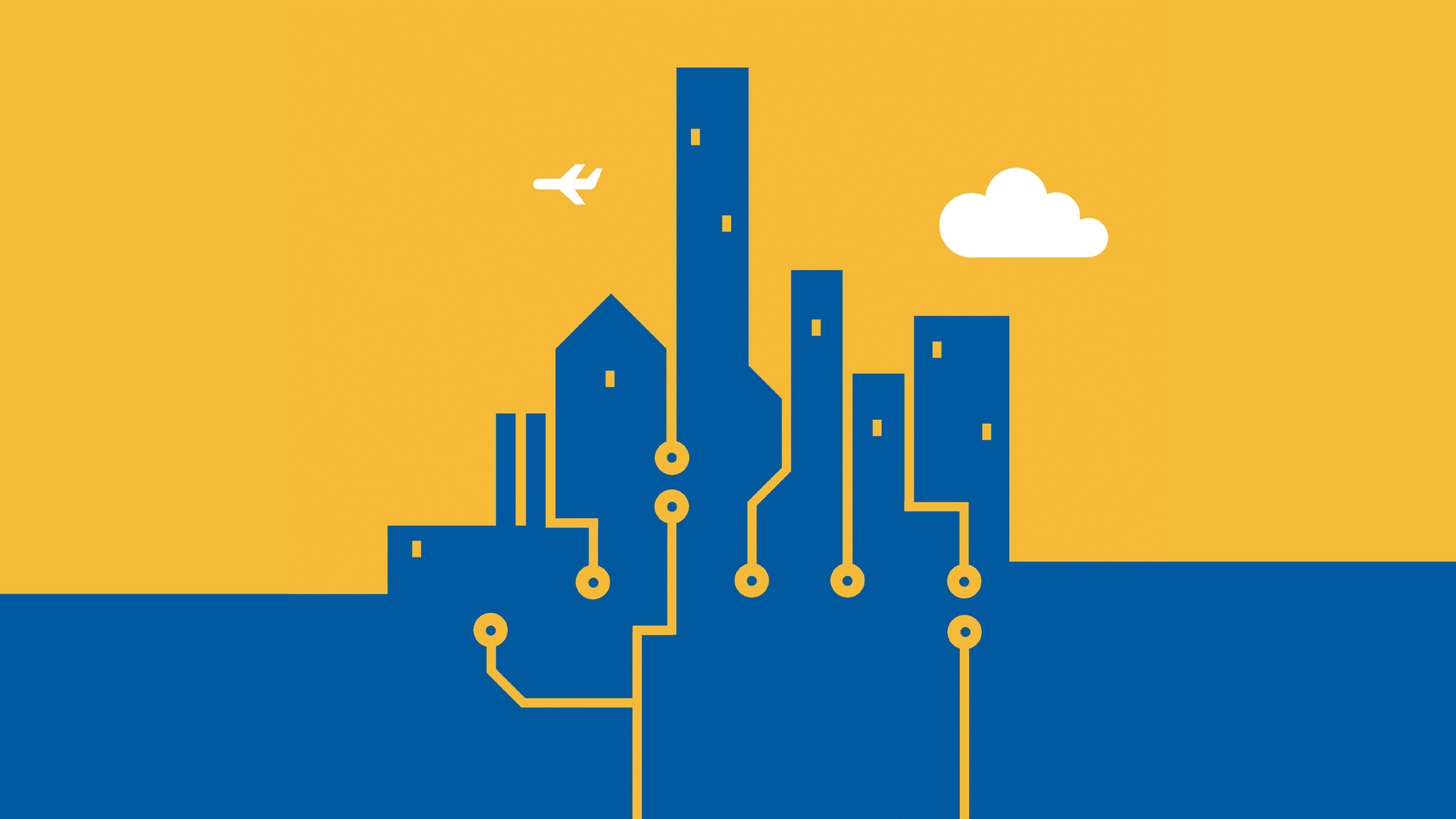In Pittsburgh, public trash cans aren’t just collecting litter—they’re also gathering data. This summer, the city completed installation of 1,200 smart garbage cans that use sensors to alert sanitation workers when they’re almost full. The city expects them to cut hours spent on litter collection by 66%, while reducing the carbon emissions from garbage trucks and freeing up workers to do other work, such as patching roads. The trash cans are part of a larger effort to transform the former Rust Belt manufacturing center into a tech and entrepreneurship hub that acts as “a model of what the new economy and environmental standards should look like,” says Santiago Garces, director of Pittsburgh’s Department of Innovation and Performance. The city has undergone a number of smart transformations over the past decade, often in partnership with the world-class engineering and technology departments of Carnegie Mellon University. The university’s 10-year-old Metro21: Smart Cities Institute uses the city as a living laboratory for pilot projects, many of which the city adopts to full scale (see sidebar). “We show the realm of the possible,” says executive director Karen Lightman. When late local billionaire philanthropist Henry Hillman asked Metro21 to tackle the inefficiencies of timed traffic lights, for example, the institute developed interactive smart lights that react to traffic volume in real time. With funding from Hillman’s foundation, the city has installed 50 of these traffic lights since 2012, and plans to roll out an additional 120 next year. Next, researchers will teach the system to prioritize emergency vehicles and public transport. The collaboration goes both ways: Although the city pioneered the smart trash can initiative itself, Lightman plans to study the data to learn more about the city’s sanitation and recycling needs. “What’s exciting is that we keep iterating,” she says. “We’ve got all the right ingredients here in Pittsburgh.”
City Lab
Three ways smart technologies are improving Pittsburgh’s operations
Fire Prevention: Every week the Pittsburgh fire bureau runs a Metro21 tool that deduces which buildings are susceptible to fires based on 311 calls, past inspection data, and sprinkler systems.
Traffic Lights: Smart traffic lights sense the volume of vehicles at an intersection and send signals to one another, prioritizing high-volume areas over streets with less congestion.
Recognize your brand’s excellence by applying to this year’s Brands That Matter Awards before the final deadline, June 7.
Sign up for Brands That Matter notifications here.
